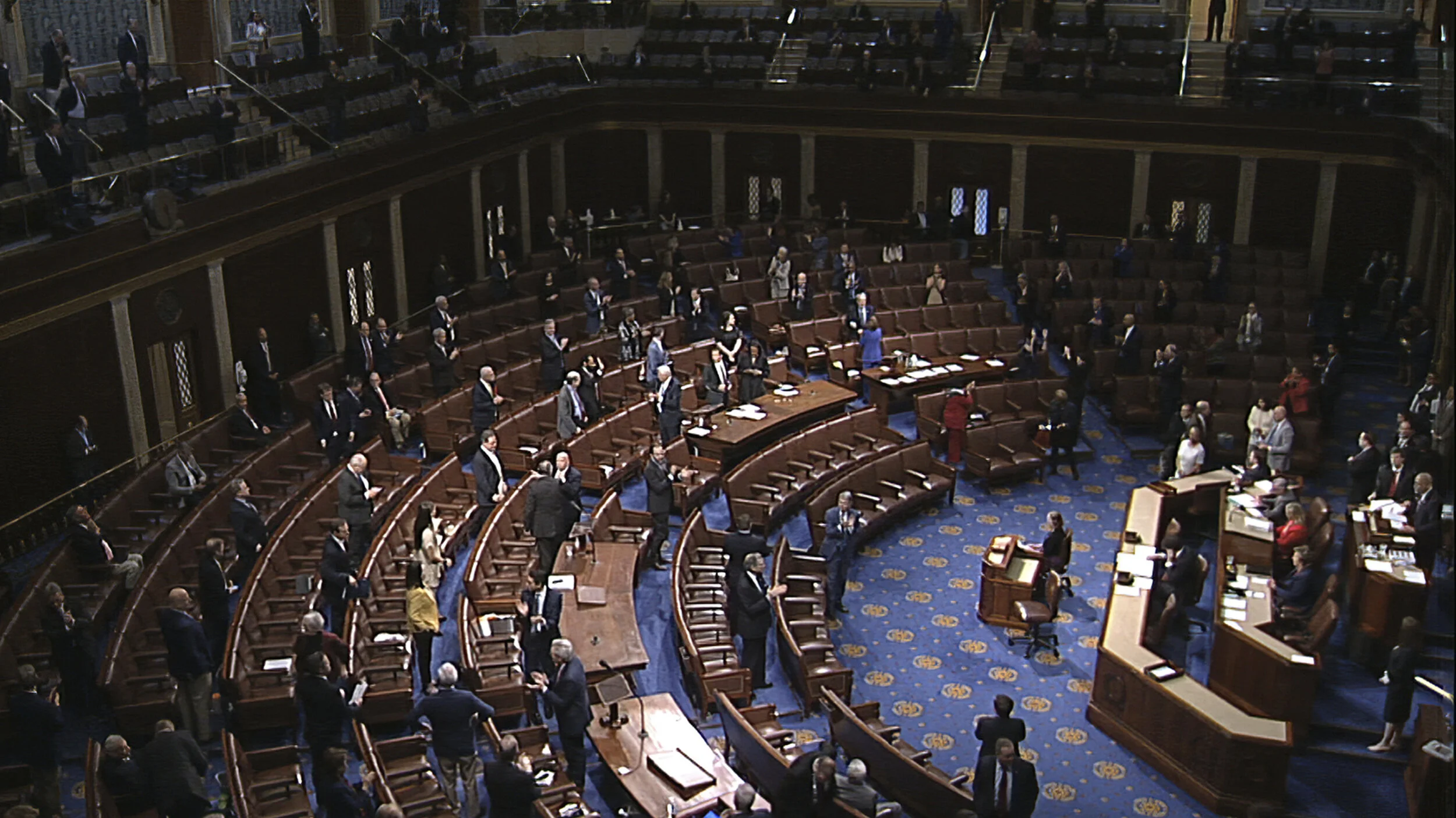In a democratic society, the public must have a voice in how it is policed.
The Policing Project is a leading advocate for the idea that policing must be a shared endeavor between the community and policing agencies. This is particularly important in the most heavily-policed communities, especially communities of color, where police-community relations often are the most fraught.
We believe there are three essential components to ensure meaningful front-end voice in policing:
Transparency: Police must be transparent about their policies and practices so that the public can provide meaningful and informed input.
Engagement: There must be robust, direct engagement between police and community members. This requires more than just conversation or social interaction: It means police and community working collaboratively to ensure that policing truly reflects community priorities and values.
Formal structures: We believe formal structures, such as police commissions or inspectors general, help address some of the shortcomings of direct police-community engagement. These entities can conduct comprehensive reviews, identify problem areas, propose changes, help facilitate public input on a more ongoing basis, and collaborate directly with policing agency leadership.
Our work focuses on all three of these areas. Our goal is to see that jurisdictions recognize the importance of the co-production of public safety and that the public is provided with tools to ensure democratic values are reflected in how their communities are policed.































